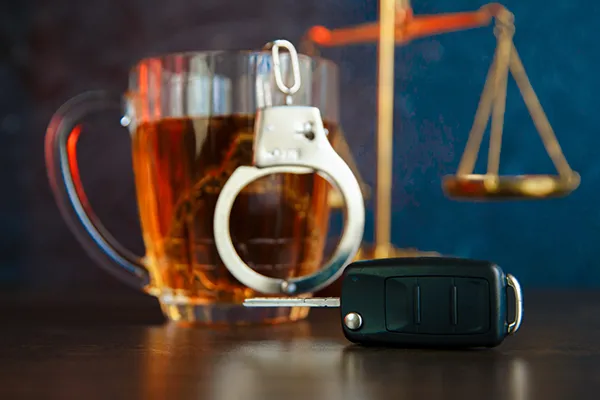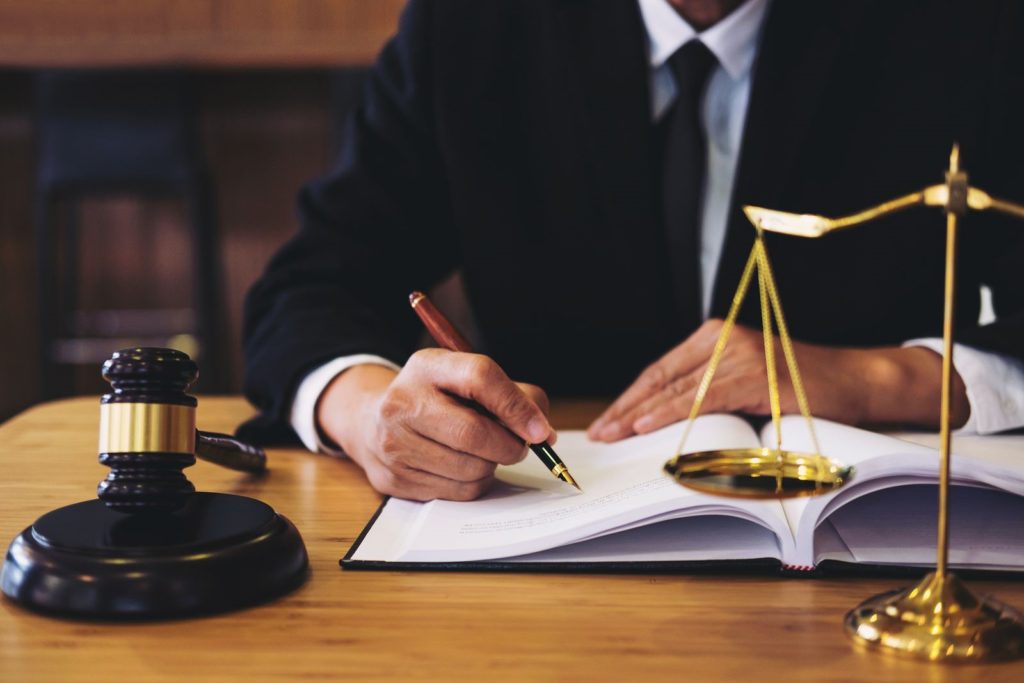Facing a DUI (Driving Under the Influence) charge can be an overwhelming and stressful experience. Whether it’s your first offense or a repeat incident, the legal consequences can be severe—ranging from license suspension and hefty fines to possible jail time. That’s why working with a dui lawyer in Manassas Virginia is one of the most important decisions you can make.
In this article, we’ll walk you through exactly what to expect when you hire a DUI lawyer—from your initial consultation to the final outcome in court. Understanding the process can help you feel more confident, informed, and prepared for what lies ahead.
Contents
1. The Initial Consultation: Laying the Groundwork
Your first meeting with a DUI lawyer is known as the initial consultation. This step is crucial because it sets the tone for the entire case. During this meeting, your attorney will gather basic details about your arrest, such as the time and location of the incident, your blood alcohol content (BAC) level, whether you submitted to a breathalyzer or field sobriety test, and whether you’ve had any prior DUI charges.
This is also your opportunity to ask questions about the legal process, possible outcomes, and the lawyer’s experience with DUI cases. A good attorney will explain your rights, outline the next steps, and provide a realistic assessment of your situation. Keep in mind that consultations are often free or low-cost, depending on the law firm.
2. Case Review and Evidence Analysis
Once you decide to move forward, your DUI lawyer will begin a thorough review of the evidence against you. This includes police reports, dashcam or bodycam footage, breathalyzer calibration records, witness statements, and more. The goal here is to identify any legal inconsistencies, procedural errors, or violations of your constitutional rights.
For instance, if the officer failed to follow proper protocol during your arrest or didn’t have reasonable suspicion to pull you over, your lawyer may be able to file a motion to suppress certain evidence. This part of the process is highly technical and requires legal guidance, which is why hiring a knowledgeable DUI attorney is critical.

3. Legal Strategy and Defense Planning
After reviewing the evidence, your lawyer will discuss possible defense strategies tailored to your case. These may include:
-
Challenging the accuracy of the breathalyzer test
-
Questioning the legality of the traffic stop
-
Arguing that the field sobriety test was improperly administered
-
Presenting medical conditions that may have affected test results
-
Negotiating for reduced charges or alternative sentencing
A strong defense strategy can make a significant difference in the outcome of your case, whether that means a reduced sentence, a plea bargain, or even a complete dismissal of charges.
4. Court Appearances and Legal Representation
If your case proceeds to court, your DUI lawyer will represent you during all court appearances. This typically includes arraignments, pre-trial hearings, motion hearings, and the trial itself (if it gets that far). Throughout this process, your attorney will speak on your behalf, cross-examine witnesses, challenge the prosecution’s evidence, and present your defense to the judge or jury.
Having a seasoned DUI lawyer in court can greatly reduce your anxiety and improve your chances of a favorable outcome. They understand courtroom procedures, know how to communicate effectively with judges and prosecutors, and can make quick decisions under pressure.
5. Negotiating Plea Deals
In many DUI cases, your lawyer may attempt to negotiate a plea bargain with the prosecutor. This means you agree to plead guilty to a lesser charge in exchange for reduced penalties. For example, you might plead to reckless driving instead of DUI, which could save you from license suspension or a criminal record.
While plea deals aren’t always possible, they can be a practical option, especially in cases where the evidence is strong or the chances of winning at trial are slim. Your lawyer will help you weigh the pros and cons and determine whether accepting a deal is in your interest.
6. Sentencing and Penalty Mitigation
If you’re found guilty or accept a plea deal, the court will issue a sentence. Penalties for DUI convictions vary by state but may include:
-
Fines
-
Driver’s license suspension
-
Mandatory DUI education programs
-
Probation
-
Community service
-
Jail time (especially for repeat offenders)
A DUI lawyer can advocate for reduced sentencing, alternative penalties like alcohol counseling instead of jail, or restricted driving privileges to help you maintain employment. Their role doesn’t end with a verdict—they work to ensure that the punishment is as lenient and fair as possible.
7. Post-Conviction Support
Even after your case concludes, a DUI lawyer can provide ongoing support. This might include:
-
Helping you navigate license reinstatement
-
Expunging or sealing your criminal record (where applicable)
-
Advising on steps to avoid future legal issues
Some DUI convictions can impact your insurance rates, employment, and even travel, so having legal guidance post-trial can be invaluable.
Final Thoughts
Working with a DUI lawyer is not just about defending a charge—it’s about protecting your freedom, reputation, and future. They bring experience, legal knowledge, and negotiation skills to the table, helping you make informed decisions and navigate the complex legal system with confidence.
Whether you’re facing your first offense or dealing with more serious charges, a dedicated DUI attorney can be the difference between a harsh sentence and a manageable outcome.




